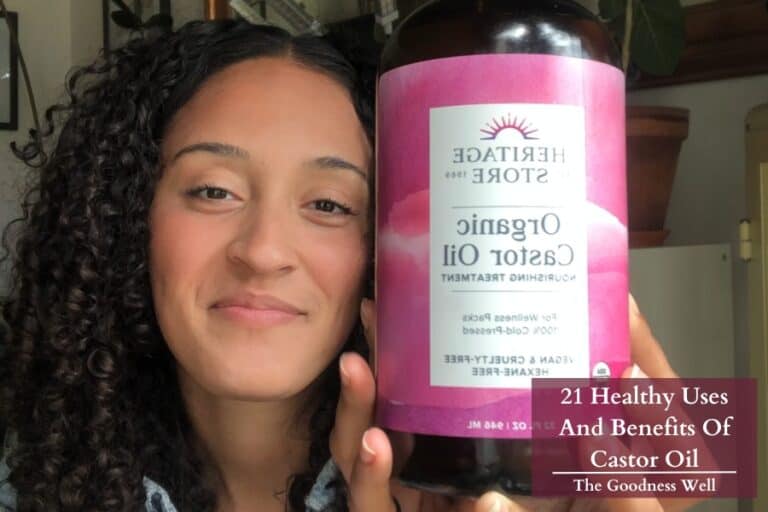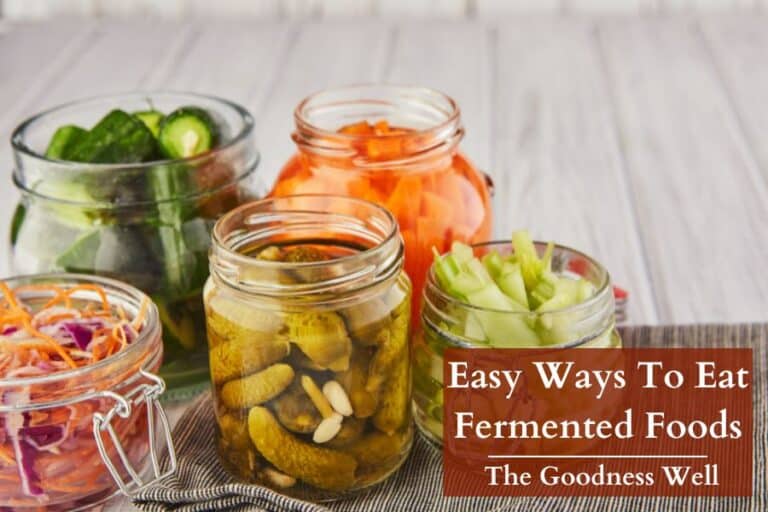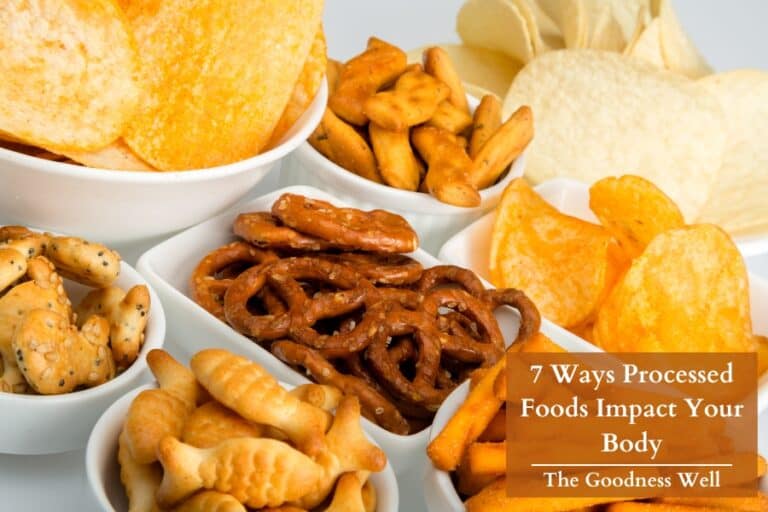21 Foods That Boost Your Immune System
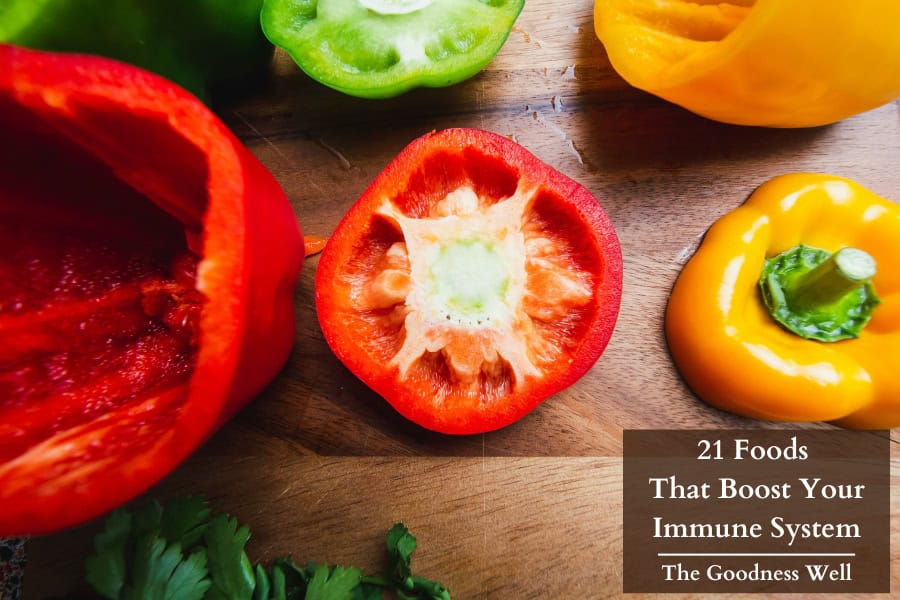
We all know food is power but sometimes we underestimate just how beneficial these foods can be. Certain foods are proven to increase brain function and support weight loss while others can support gut health and even your immune system.
In this article, I’ll be discussing the top 21 foods that are known to support immunity.
Let’s get into it!
How Immunity Foods Help
Certain foods are packed with nutrients that your body needs to keep its immune system running smoothly.
For example, vitamin C helps your body produce more white blood cells, which are like soldiers that fight off infections. Antioxidants, found in many fruits and vegetables, protect your cells from damage caused by harmful molecules (free radicals), which can weaken your immune system.
Zinc, found in foods like shellfish and seeds, helps your body heal wounds and supports your immune cells.
So like we’ve said before food is more than what we just eat. It has the power to do so much for our health.
Choosing healthy foods can improve your overall health but choosing these healthy foods can support your immunity.
21 Foods That Help Boost Your Immune System
1. Citrus fruits
If you like oranges or any citrus fruits I’ve got good news.

Citrus fruits including oranges, lemons, limes, and grapefruit are high in vitamin C, which increases white blood cell production.
This helps fight off infections, viruses, and anything else that might be secretly trying to attack your immune system.
2. Red bell peppers
Bell peppers especially red bell peppers are packed with vitamin C, even more than citrus fruits. The closer the color of the bell pepper gets to red the higher the nutritional value.
For example, green bell peppers while still nutritious have less nutrients than yellow and yellow less than orange, finally with red as the most nutrient-dense.
3. Broccoli
Eat your broccoli!!
Broccoli is a nutrient-packed vegetable that helps boost your immune system!
It’s rich in vitamin C, which supports the production of white blood cells to fight off infections and it contains antioxidants like beta-carotene, which protect your cells from damage.
Broccoli also has fiber, which supports digestive health, and vitamin A, and vitamin E, both of which play important roles in maintaining a strong immune system.
4. Garlic
If you have an Italian grandmother like I do then you’d know just how much of a miracle worker garlic is, including the power to keep vampires away lol.
But garlic also helps boost immunity by releasing allicin, a compound with antimicrobial properties that helps fight off infections.
Garlic helps enhance white blood cell function, reduces inflammation, and supports gut health, which are all vital for a strong immune system.
5. Ginger
has anti-inflammatory and antioxidant properties, which help support immune health.
Pro tip: Garlic and ginger pair really well together. For a morning immunity shot, you can mix together:
- 1 clove of fresh garlic (minced or crushed)
- 1-inch piece of fresh ginger (grated)
- Juice from 1 lemon
- 1/4 cup of water
6. Spinach
Spinach boosts immunity with its high levels of vitamin C, beta-carotene, and antioxidants, which help fight infections and reduce inflammation.
It’s also known to support white blood cell production and strengthen the immune response by protecting cells from free radical damage.
7. Almonds
Almonds support immunity by providing a rich source of vitamin E, an antioxidant that protects cells from damage and boosts immune function.
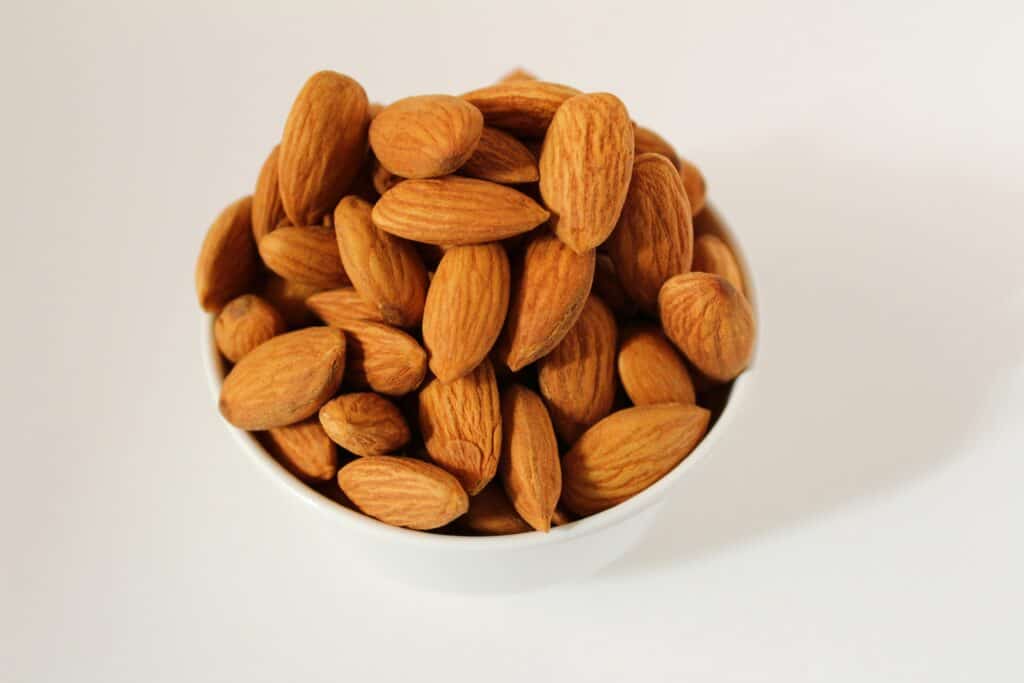
They also contain healthy fats, which help the body absorb fat-soluble vitamins like vitamin E, making them even more effective.
Almonds also have zinc and magnesium, which help to maintain a healthy immune response.
Powerhouse plant proteins like these are essential to keep in your diet!
8. Yogurt
Yogurt is one of the top fermented foods to ensure you keep in your diet as it provides probiotics which are beneficial bacteria that support gut health, a key component of the immune system.
It’s also rich in vitamin D, which helps regulate and enhance immune function. Yogurt helps maintain a balanced gut microbiome, improving the body’s ability to fight off infections.
But let me make this clear I’m not talking about the sugar-stuffed and natural flavors-filled yogurts I’m talking about plain Greek or coconut yogurt.
If you need extra flavor in these you can add real fruits or spices like cinnamon but never settle for the yogurts filled with junk.
9. Turmeric
Turmeric, one of the best medicinal herbs out there, contains the active compound curcumin, which has powerful anti-inflammatory and antioxidant properties that help reduce inflammation and protect cells.
Curcumin boosts immune function by supporting the activity of immune cells and improving the body’s response to infections.
10. Green tea
Green tea boosts immunity with its high content of antioxidants, particularly epigallocatechin gallate (EGCG), which helps protect cells from damage and fight off infections.
It also enhances the function of immune cells, improving the body’s defense against viruses and bacteria. Green tea also contains L-theanine, an amino acid that supports the production of germ-fighting compounds in immune cells.
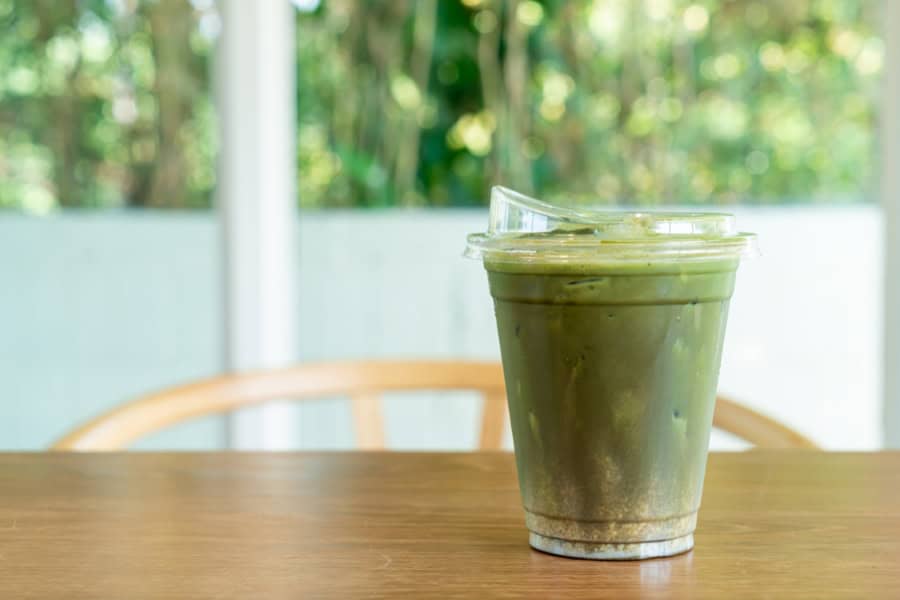
And for all my fellow match tea lovers there’s even better news. Matcha tea provides the same benefits as green tea but at a higher concentration since matcha tea is made from whole green tea leaves.
11. Papaya
Papaya has a high content of vitamin C, which stimulates white blood cell production and helps fight off infections.
It also contains digestive enzymes like papain, which have anti-inflammatory properties that support immune health. Papaya is also a great way to add vitamins A and E to your diet. Both these support the body’s immune response and protect against cellular damage.
12. Kiwi
Eating kiwis can help support your immunity because these delicious fruits are rich in vitamin C, which helps increase white blood cell production to fight infections.
Kiwis also contain antioxidants like vitamin K, E, folate, and polyphenols that protect cells from damage and even reduce inflammation.
13. Sunflower seeds
Sunflower seeds are a rich source of vitamin E, an antioxidant that protects immune cells from damage and supports immune function.
They also contain selenium, which plays a crucial role in reducing inflammation and enhancing the immune response.
Just make sure you eat sunflower seeds that are low in sodium and not coated in all those fancy artificial flavors and seasonings.
14. Chicken
Winner winner, chicken dinner.

Chicken is not only a great source of protein but it also contains vitamin B6, which supports the production of new red blood cells.
Even chicken broth or soup made from bones provides nutrients like gelatin and chondroitin, which support gut health and immune function.
15. Shellfish
Shellfish including shrimp, crab, lobster, clams, oysters, mussels, and scallops have high amounts of zinc, a mineral essential for the proper function of immune cells and helping the body heal wounds.
Shellfish can also provide other vital nutrients like selenium and omega-3 fatty acids, which reduce inflammation and support overall immune health.
Just don’t eat this if you’re allergic lol
16. Blueberries
Blueberries aka the final boss of antioxidant fruits contain antioxidant flavonoids like anthocyanins, which help reduce oxidative stress and protect cells from damage.
They’re also rich in vitamin C, and blueberries that support the production of white blood cells, strengthening your body’s defense against illness.
17. Sweet potatoes
Sweet potatoes are a nutrient-dense food that has a high amount of beta-carotene, a powerful antioxidant that the body converts into vitamin A.
Vitamin A is essential for maintaining healthy skin, your body’s first line of defense against infections. Sweet potatoes help support immune cell function and protect cells from oxidative damage with their rich supply of vitamin C.
These carby veggies have both anti-inflammatory and immunity benefits.
18. Mushrooms
Mushrooms, particularly varieties like shiitake and maitake, support immunity by containing beta-glucans, compounds that enhance the activity of immune cells and improve the body’s defense against infections.
They are also a natural source of vitamin D, which helps regulate the immune system and helps the body fight off pathogens.
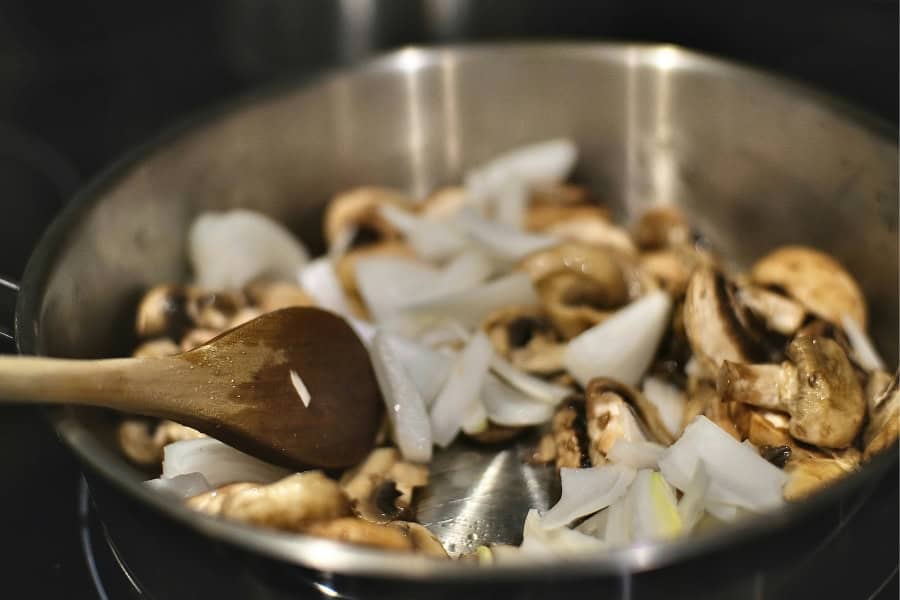
Their ability to activate immune responses and reduce inflammation makes mushrooms an excellent addition to a diet that supports overall immunity.
19. Pumpkin seeds
Pumpkin seeds have a high amount of zinc, a mineral crucial for healthy immune cells and for supporting the body’s ability to heal wounds.
The magnesium and antioxidants found in pumpkin seeds help reduce inflammation and protect immune cells from damage.
20. Pomegranates
Pomegranates also known as the Chinese apples contain high levels of antioxidants, particularly polyphenols, which help reduce inflammation and protect cells from damage.
They also have vitamin C, which supports white blood cell production and strengthens the body’s defense against infections.
While they do require extra patience to eat they are an effective food that provides extra immunity support.
21. Coconut oil
Lastly, Coconut oil! Coconut oil which is great for cooking and baking can also help support your immunity because of its high lauric acid content. Lauric adic is a fatty acid that has antibacterial, antiviral, and antifungal properties.
Lauric acid also converts into monolaurin in the body, which can effectively combat harmful bacteria and viruses.
It’s safe to say coconut oil is one of the best fats to cook with to give your meals extra immunity boost benefits.
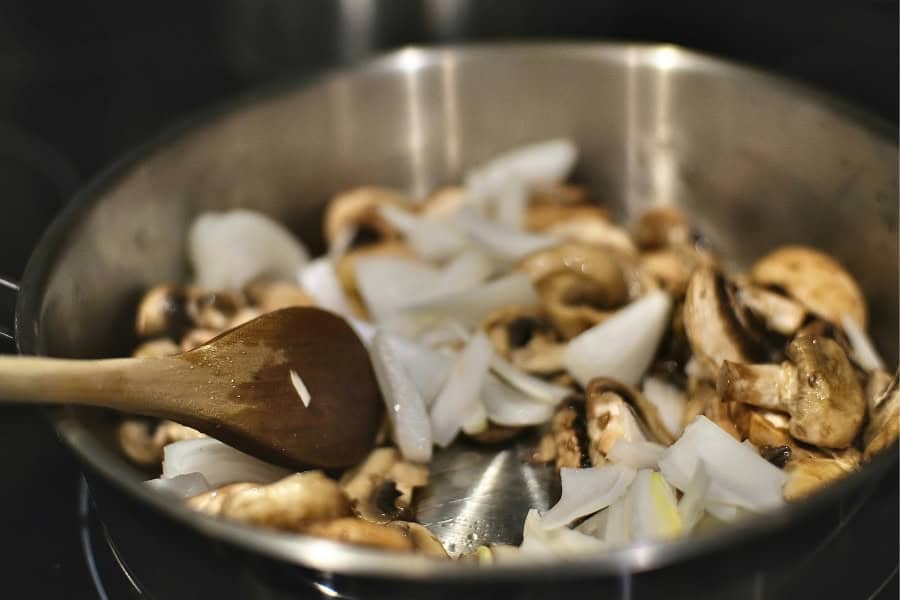
Adding these foods regularly into your diet can strengthen your body’s defense against illness and support your immunity and overall health.
Immunity support doesn’t end with the foods you eat, although that’s a great place to start!
Outside of your diet, here are a few other ways you can support your immune system.
- Regular exercise
- Stay hydrated
- Get enough sleep (7-9 hours)
- Manage stress effectively
- Practice good hygiene (like washing hands frequently, flossing, and brushing your teeth)
- Limit sugar and processed foods
- Avoid smoking and limit alcohol consumption
I hope this guide was helpful and as always thank you so much for reading!


